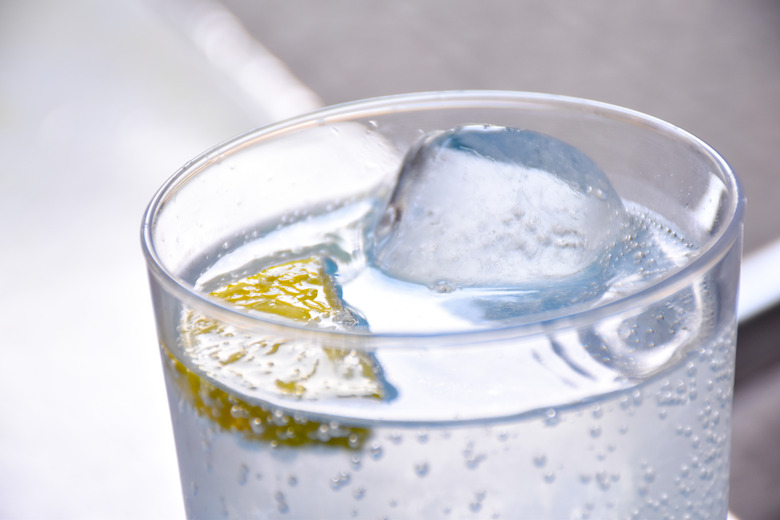What Happens When You Water Plants With Soda?
In a hypothetical and unlikely scenario, you've run out of plain water, but you still have cases of soda in the pantry. Should you use it to water your plants? You might be surprised to know that your plants could benefit from soda water, but not necessarily if the soda contains sugar. A carbonated beverage like club soda is packed with important nutrients, but the sugar in a flavored drink like cola or root beer could prevent the plants from absorbing these nutrients and might actually kill the plants.
TL;DR (Too Long; Didn't Read)
Unflavored soda water is good for plants and helps them grow faster. The benefits of the carbonation and minerals in soda water may be negated by the presence of sugar, however. Flavored soda can damage plant roots and render them vulnerable to disease.
A Study on This Exact Question
A Study on This Exact Question
In 2002, a pair of researchers from the University of Colorado Boulder released the results of a study which examined the effects of watering Helzine soleirolii, or Baby Tears, with club soda. During the 10-day experiment, the researchers fed plants in two different groups the same food, gave them the same fertilizer and exposed them to the same amount of sunlight. They watered the plants in one group with plain water while they gave those in the other group club soda.
The researchers found that the plants that received club soda grew more than twice as fast as the other group and developed healthier shades of green. They expected this to happen because of the extra nutrients in the club soda, and the results of their experiment confirmed their expectations.
Why Do Plants Like Club Soda?
Why Do Plants Like Club Soda?
Club soda and other unsweetened carbonated beverages, such as mineral water, contain a host of nutrients that are essential for plant growth. These include:
- carbon
- oxygen
- hydrogen
- phosphorous
- potassium
- sulfur
- sodium
Plants can still get these nutrients from the soil when you water them with plain water, but club soda is like supercharged water. The nutrients go straight into the roots and are quickly absorbed. This doesn't mean you should water your plants exclusively with club soda, because that could be too much of a good thing. However, using club soda for a short period has been shown to be beneficial.
What Happens When You Add Sugar?
What Happens When You Add Sugar?
Most gardeners know that salt water is bad for plants, and the same is generally true for sugar water. Any concentration of solute changes the osmotic potential of the water and makes it harder for roots to absorb the water. For this reason, you'll probably notice that the soil stays moist longer when you give your plants sugar water. That's because the roots aren't able to absorb it. Another drawback of sugar water is that it feeds microorganisms in the soil, and some of these may attack the roots. The sugar water thus increases the chances of fungal infections and other diseases.
The effect of sugar water on plant growth is a favorite subject for science fair projects, and many students come to the conclusion that sugar benefits plants. It provides needed nutrients in the form of carbon and hydrogen compounds. In high concentrations and over prolonged periods, however, the drawbacks of lower osmotic pressure and higher potential for root damage probably outweigh the nutritional benefits.
Save the Cola for Cleaning Pennies
Save the Cola for Cleaning Pennies
Commercial soft drinks are high in sugar. Coca Cola, for example, contains 3.38 grams of sugar per ounce. If you use a flavored soda to water your plants, the plants may derive some nutritional benefits from the sugar and the carbonated water, but they may also have trouble absorbing the nutrients, and they may be exposed to increased risk of root disease.
References
Cite This Article
MLA
Deziel, Chris. "What Happens When You Water Plants With Soda?" sciencing.com, https://www.sciencing.com/happens-water-plants-soda-6300916/. 17 April 2018.
APA
Deziel, Chris. (2018, April 17). What Happens When You Water Plants With Soda?. sciencing.com. Retrieved from https://www.sciencing.com/happens-water-plants-soda-6300916/
Chicago
Deziel, Chris. What Happens When You Water Plants With Soda? last modified March 24, 2022. https://www.sciencing.com/happens-water-plants-soda-6300916/
